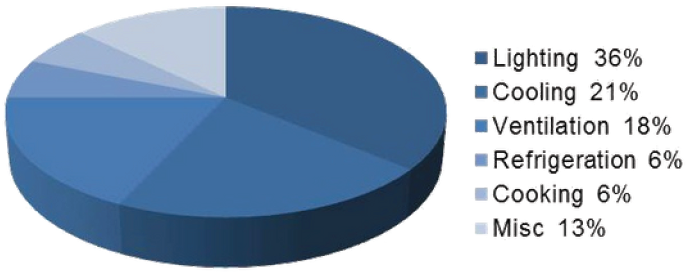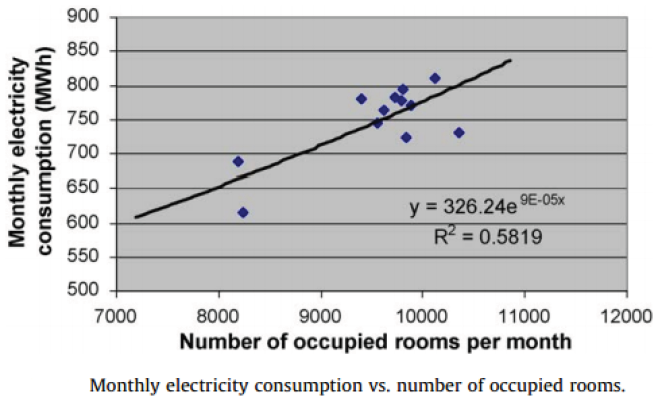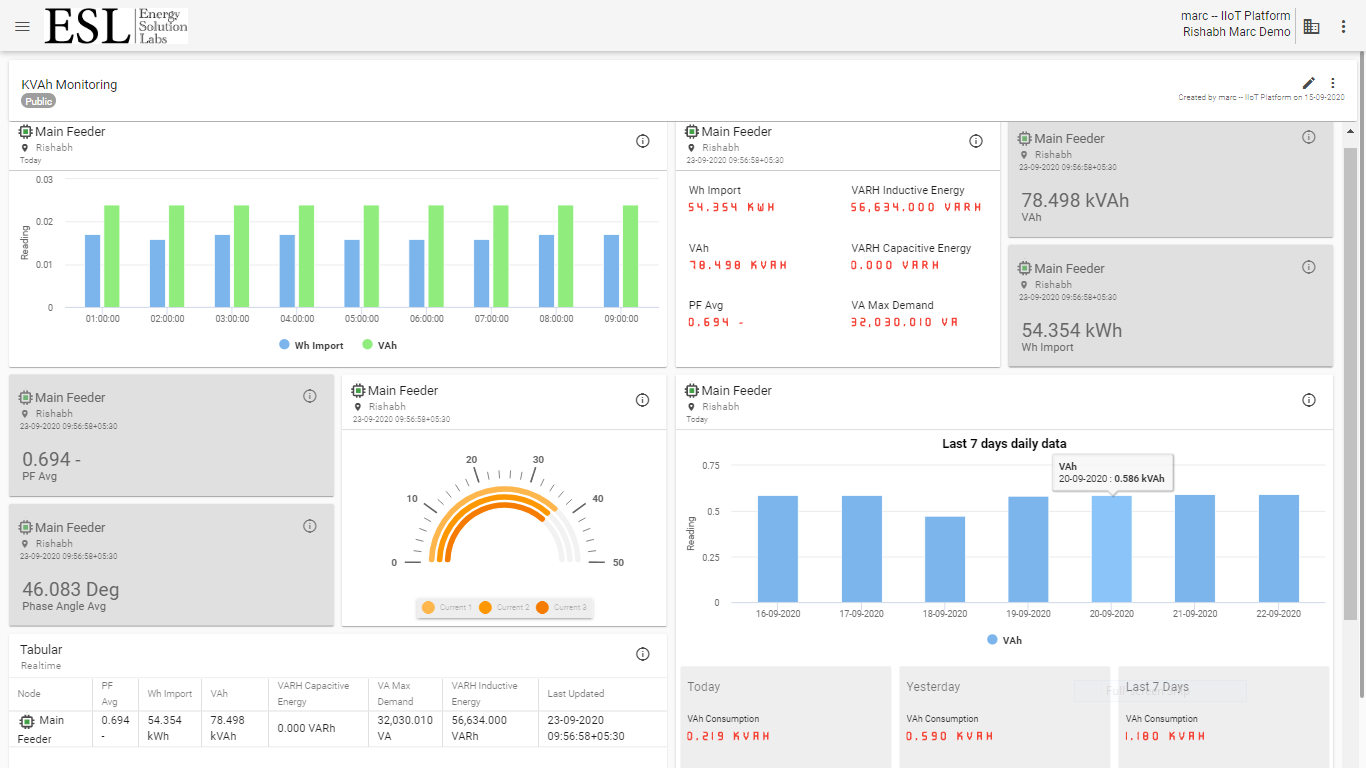The Problem
Within the hospitality sector, energy costs are about 6% to 9% of their revenue, but many are not able to stick to the energy cost thumb rule or against their internal benchmarks. Reducing the energy costs directly increases profit without the need to increase sales. Money saved on energy goes straight to the bottom line which makes businesses more competitive - and with rising energy prices, this is more important than ever. In addition to financial benefits, there are of course, social and environmental advantages of reducing energy consumption, such as minimizing climate change. Being energy efficient can enhance business's reputation and help to attract more customers.
Another concern of the hotels is the online hospitality websites. Facing the competition from online companies can be achieved if the energy bills are controlled and reduced.
As the major part of the used energy is produced by gas, coal and petroleum products reducing the energy consumption would also contribute to decreasing the CO2 emissions.
An Energy Management System will assist in increasing the efficiency of the AC system and dramatically reduce the energy bill

- In hotels the main energy consuming systems are:
- Lighting
- Cooling
- Ventilation
- Refrigeration
- Cooking
- Miscellaneous
The Solution
Energy cost is the second highest cost for the hospitality industry. Without a doubt, the hotel’s energy consumption will be affected by occupancy rate and analysing the same with the room occupany is the key.
Yearly average occupancy rate in the surveyed hotels ranges from 66% to 88%, with an average of 78%. Electricity consumption is well correlated with the occupancy, but it also suggests that hotel managers should improve energy management when occupancy rate is high as well as low.

An intelligent Energy Management Solution will assist in increasing the efficiency of the A/C system and therefore dramatically reduce the energy bill and improve the bottom line.
An energy management system does a thorough monitoring of electric energy consumption, based on an analysis of the amount and type of energy used in each system.
Data collected in an EMS will lead to the development of a set of measures to reduce energy consumption. Thus, the EMS will provide specific information and identify real possibilities of energy savings. It consists of a critical examination of how energy is used based on accurate records for fuel consumption and associated costs.
Along with reduction in energy costs, improved environment conditions is an additional benefit
The Benefits
- 1. Hotel benefits
- Reduced energy cost
- More reliable power supply
- Improved power supplies quality
- Insights on correlation between occupancy & energy consumption 2. National benefits
- Fewer electricity shortages
- Primary fuel savings
- Reduced or deferred capital expenditures for power plant construction
- Enhanced efficiency of electric utility service
- Improving the environmental conditions
Monitor Energy , Temperature , Humidity and Water of each room






